Rudy Giuliani's
image as an in-charge New York mayor during the September
11, 2001, terrorist attacks has framed much of his
presidential campaign. In his first television ad of
the contest, Giuliani shines the spotlight on his
leadership before the 9/11 hijackers struck.
The 60-second ad
will air in New Hampshire, a state the Republican
front-runner in national polls is increasingly focused on as
he looks for an early voting state win.
In the ad,
Giuliani promotes his accomplishments as mayor, taking
credit for stabilizing a financially strapped,
dangerous city, and arguing, in essence, that his
record on fiscal and security issues outweighs whatever
flaws the conservative voters who make up the core of the
GOP may perceive.
''I've been
tested in a way in which the American people can look to me.
They're not going to find perfection, but they're going to
find somebody who has dealt with crisis almost on a
regular basis and has had results. And in many cases
exceptional results. Results people thought weren't
possible,'' Giuliani says, speaking directly to voters.
Until now,
Giuliani has shunned the broad-reach costly television ads
typical of a leading candidate.
Instead of TV,
Giuliani has chosen the quieter, relatively cheaper
avenues of direct mail and radio ads to target voters in New
Hampshire and elsewhere. Aides were in no hurry to run
costly television ads for two reasons: He became a
national figure following the 2001 terrorist attacks,
leaving many people with a positive image of him and a sense
that they know him. He also must preserve his bank account
to be able to compete against ultra-wealthy rival Mitt
Romney.
The ad, called
''Tested,'' also comes as Giuliani's mayoral leadership
has come under criticism from rivals, especially Romney, who
has faulted Giuliani's immigration policies while
mayor. The former Massachusetts governor has also
sparred with Giuliani over who exercised the best
fiscal policies.
The ''Tested'' ad
is scheduled to air November 15-20 on stations in
Manchester, N.H., and Boston at a cost of more than
$300,000, according to TV advertising data from
another presidential campaign.
Romney, lesser
known nationally, has been on the air since the beginning
of the year, particularly in Iowa, the state that holds the
first presidential caucuses. Other Republican
contenders, such as John McCain, Fred Thompson, and
Ron Paul, have also filled the air waves in early
contest states with ads.
But Giuliani's
campaign senses opportunity in New Hampshire, and has
recently stepped up activity in the state. His poll numbers
are fragile here, and the hope is that TV ads will
strengthen them.
The ad's message
is ideal for New Hampshire, where tax and spending
issues as well as national security outweigh social issues
like abortion and gay rights in the minds of GOP
primary voters.
''They used to
call it unmanageable, ungovernable,'' Giuliani says,
calling New York ''a city that was in very, very difficult
condition when I became the mayor.''
As he speaks,
images of police handling a crime suspect, of tenements,
and of X-rated shops appear on the screen. The images then
change to upbeat, sunny shots of joggers and couples
and families moving into their city homes.
''By the time I
left office, New York City was being proclaimed as the
best example of conservative government in the country,'' he
said.
Giuliani was
mayor during a steep decline in crime, a decline that began
three years before Giuliani took office. According to FBI
statistics, crime decreased by 60% between 1993, the
year before he became mayor, and 2002, when he left.
Crime was also declining nationwide, but not quite as
dramatically, decreasing by 24% during the same period. (Jim
Kuhnhenn, AP)





























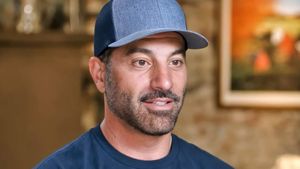

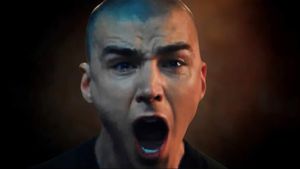



















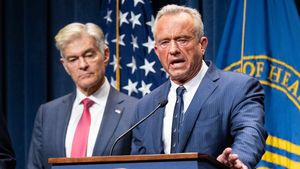









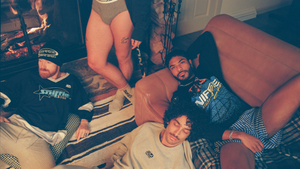
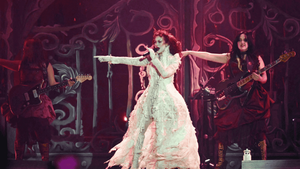





Charlie Kirk DID say stoning gay people was the 'perfect law' — and these other heinous quotes